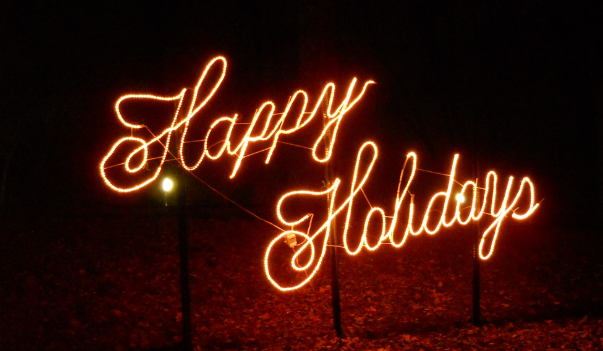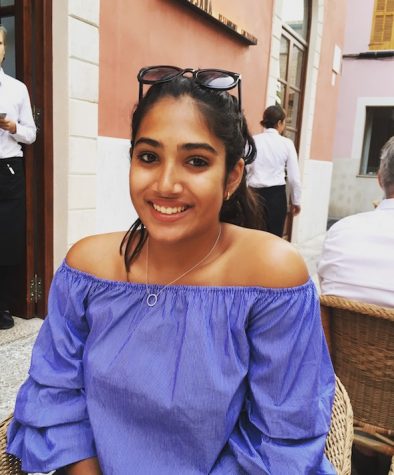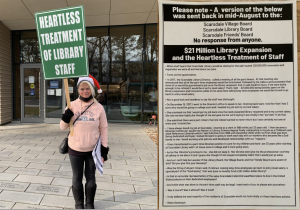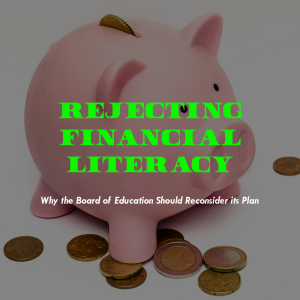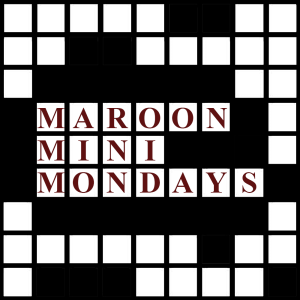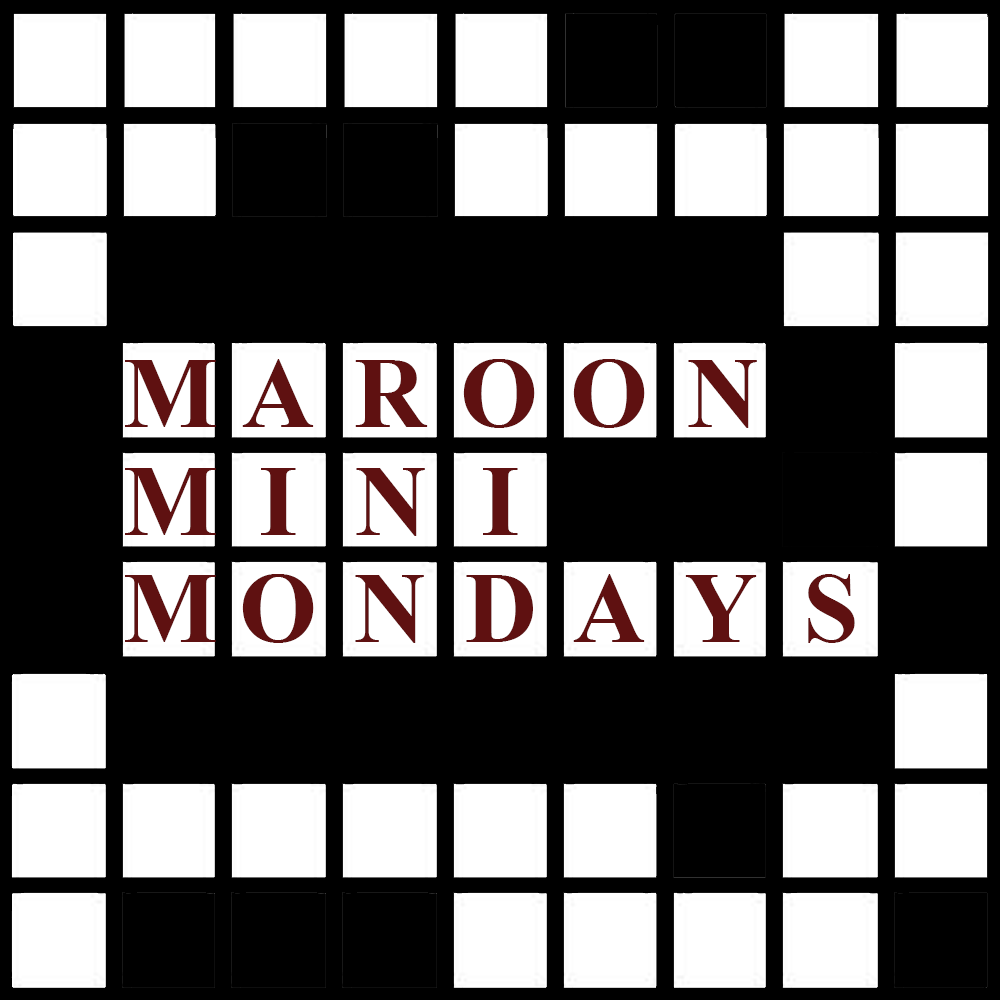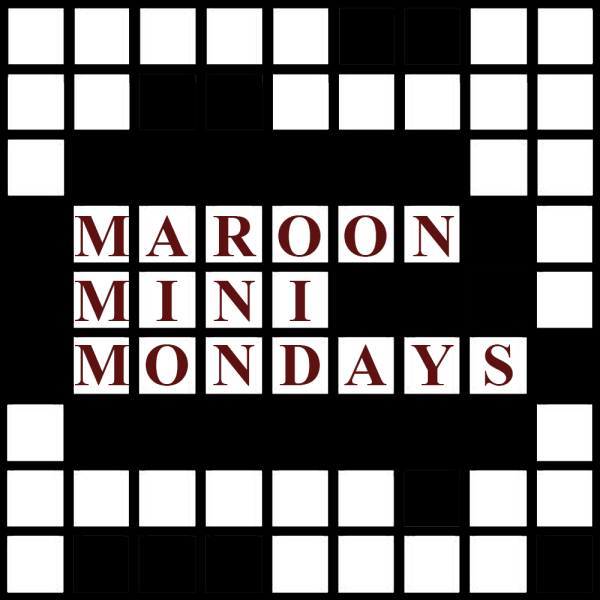Holidays Around the Globe
December 14, 2017
On December 1st, we enter the most sacred time of the year: the holiday season. Hope, celebration, and excitement take over as we anxiously await all that lies ahead in the upcoming weeks. No matter where you are in the world, December is a unique time that we all celebrate in our own way:
St. Nicholas Day
Every year on December 6th, countless Europeans come together and commemorate the death of St. Nicholas, who spent his life helping those in need. The customs of the holiday stem from his famous charitable act, when he provided a poor man with dowries for his daughters. St. Nicholas threw bags of gold through their windows, and the bags were said to have landed in their stockings or shoes by the fireplace. For this reason, every St. Nicholas Day, children place a shoe outside their door in hopes of getting “treasure.” Kids receive gifts including cookies, candy, small toys, or fruit as the specifics of the day vary between different European countries.
Boxing Day
December 26th marks Boxing Day, the most celebrated holiday in Great Britain, Canada, New Zealand, and Australia. Many people have the day off, and it has become a major shopping holiday due to post-Christmas sales. Even though nobody truly knows the origins of the day, some sources claim that it can be traced back to when servants worked on Christmas Day and were given the next day off work. Others say that the church alms boxes, which collect donations for the less fortunate, were distributed the day after Christmas, which became a tradition that transformed into a new December holiday.
Kwanzaa
Kwanzaa is a week aimed toward connecting African people with their culture. In 1966, Maulana Karenga, a professor of African studies, created this holiday to honor this forgotten culture. Today, the holiday is celebrated from December 26th to January 1st. During this time, people commemorate seven core principles: unity, self determination, collective work and responsibility, cooperative economics, purpose, creativity and faith. In addition, because the word Kwanzaa means “first fruits of the harvest” in Swahili, families decorate their homes with with fresh fruits and colorful art. They also hold ceremonies that feature drumming and musical selections, tributes, and the lighting of the kinara candles.
Hanukkah
This Jewish holiday is the festival of lights, and lasts eight days and eight nights. Hanukkah is celebrated to honor the rededication of the Second Temple in 165 B.C. After Judaism was outlawed and its people endured many struggles, the Jews were finally able to rededicate their temple. The iconic candle holder, the Menorah, needed to burn for eight nights, but they only had enough oil for one. Astonishingly, it burned for eight. To honor the miracle, on each night of Hanukkah one candle on the Menorah is lit. Additional festivities include eating latkes and playing dreidel.
Christmas
On December 25th, more than two billion people worldwide celebrate Christmas, honoring the birth of Jesus Christ. The Bible tells the story of Christ, the son of Mary who spread the word of God and performed miracles. Today, people around the world celebrate through family gatherings, special masses, gift exchanges, caroling, and special decorations.

